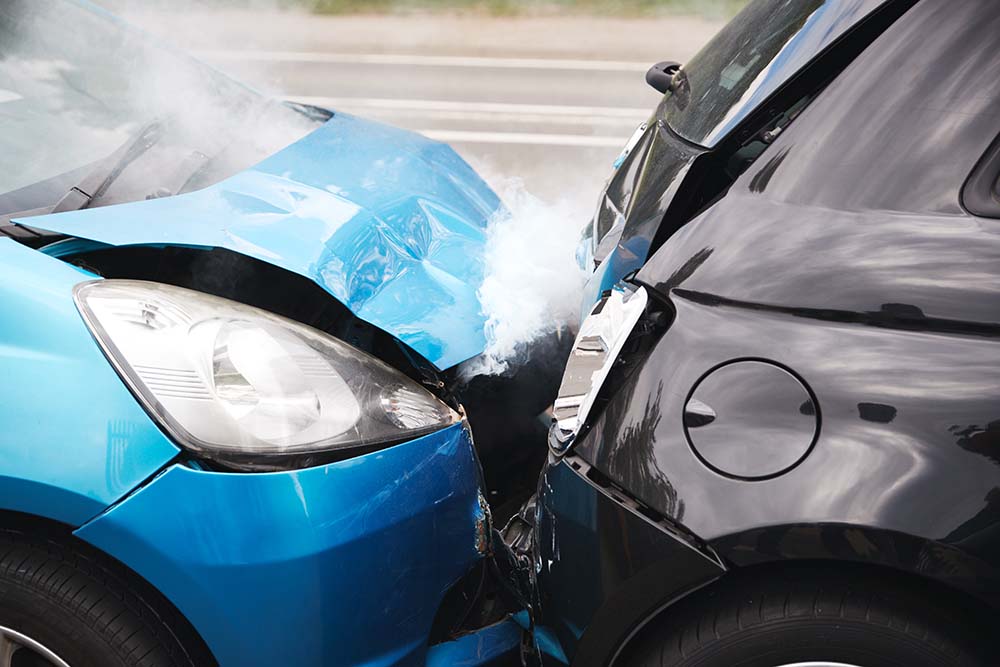
What to do in the event of a car accident
October 11, 2023Statistics published by the Department for Transport on the 28th of September 2023 show that there were 135,480 casualties in accidents on British roads last year. That figure represents a welcome 3% reduction in the number of such casualties compared with 2019.
Nevertheless, with more than 320 billion miles currently travelled by vehicles on our roads, it is hardly surprising that accidents happen. If you are unfortunate enough to become one of those statistics, here is what you must do in the event of a car accident.
This advice is the same whether you are driving your own car or a fleet vehicle.
Stop
It hardly needs saying but as soon as you are aware of the possibility of an accident, you must stop the car – under the provisions of the Road Traffic Act 1991, you’re breaking the law if you fail to do so.
Switch on your hazard warning lights, turn off the engine, and get out of the vehicle to assess the situation.
Injuries
Your immediate concern, of course, will be for anyone who has been injured in the accident – exercise your judgment and call an ambulance if necessary.
If emergency services are required, you’ll need to call 999 – asking for both the police and ambulance. If there are no injuries but the accident was serious enough to have blocked the road, call the police on 101.
In an article on the 15th of September 2023, the Consumers’ Association’s Which? magazine added that you might also want to call the police if you suspect that you may have been the victim of criminal intent such as a “cash for crash” scam in which fraudulent insurance claims are made.
In any event, within 24 hours of it happening, you must report the accident to the police – and can be fined, get penalty points on your licence, or even be disqualified from driving if you fail to do so.
Liability
You have an obligation to give your details – including your name, address, and insurance details – to anyone else involved in the accident. Whatever the circumstance, however, you should avoid admitting any degree of blame or liability – not even saying you are sorry – since such an admission can subsequently be used against you.
If those who have been affected by the accident are not on the scene – you’ve run into a parked car, for instance, or damaged a wall or fence – make sure to leave a note with your contact details either on the other car’s windscreen or somewhere nearby.
What happened
You will need to compile as full and accurate a picture of exactly what happened to cause the accident. You account will be essential not only in helping your insurers pursue damages from anyone who can be shown to have been liable but also in your own defence of anyone claiming that you were in some way responsible.
Using notes, drawings, sketches, and the camera on your smartphone, assemble the following information:
- the date and time of the accident;
- the details of any other vehicles involved – registration numbers, make, model, and colour;
- a description of the weather conditions – and how this may have affected driving conditions at the time – including whether the sun was low enough on the horizon to cause glare or dazzle;
- anything unusual about the natural or artificial light available;
- full details about the known injuries to yourself, your passengers, and anyone else involved; and
- a full description of the nature and extent of damage to your own and other vehicles.
Let your car insurance or fleet insurance company have all these details, along with your claim, as soon as possible after the accident.